A (Black) Gat in the Hand: Hammett & ‘The Girl with the Silver Eyes’ (My intro)
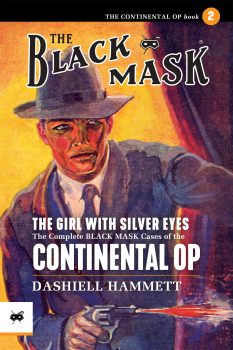 “You’re the second guy I’ve met within hours who seems to think a gat in the hand means a world by the tail.” – Phillip Marlowe in Raymond Chandler’s The Big Sleep
“You’re the second guy I’ve met within hours who seems to think a gat in the hand means a world by the tail.” – Phillip Marlowe in Raymond Chandler’s The Big Sleep
(Gat — Prohibition Era term for a gun. Shortened version of Gatling Gun)
Pulp Fest took place last week in Pittsburgh. It’s a really cool event, and the Hilton Doubletree is a nice site. Steeger Books rolls out its summer line at this event. And for the second year in a row, there was a new Continental Op collection, with a brand new intro by yours truly. This is my sixth intro for Steeger, and getting to write about Dashiell Hammett is a definite thrill. It’s about four times as long as my Fast One Intro. I could dig into Hammett for months. Check out my intro to that Volume Two, and then check out the book itself. Hammett is regarded as the Master, for good reason.
The Complete Black Mask Cases of the Continental Op, Volume One: Zigzags of Treachery, ended with “The House in Turk Street.” That was the tenth Op story, and as I wrote in the introduction to that volume:
‘For me, it’s in “The House in Turk Street” (which was adapted for the 2002 Samuel L. Jackson movie, No Good Deed) where we really see the classic Hammett for the first time. The characters, the pace, the tension, the plot elements: he was moving from learning, to improving, to the verge of mastering.’
Hammett had been honing his craft, and “The House on Turk Street” really saw things come together. While that was the first Hammett story to appear under Phil Cody’s editorship, it was surely accepted by George Sutton.
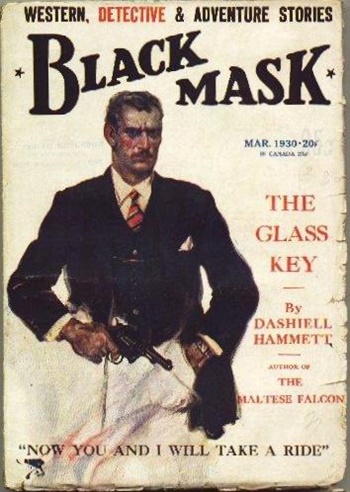
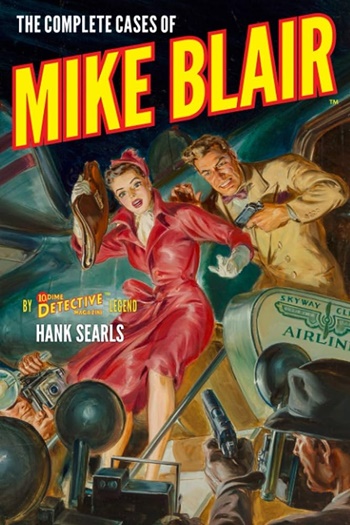
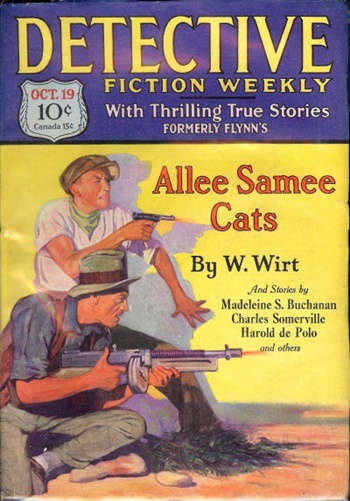
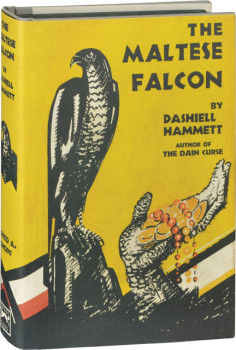
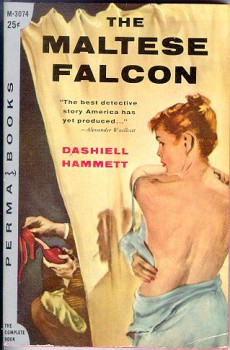

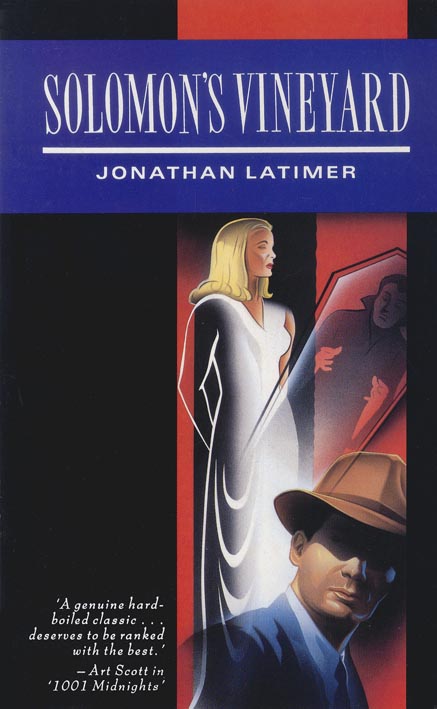
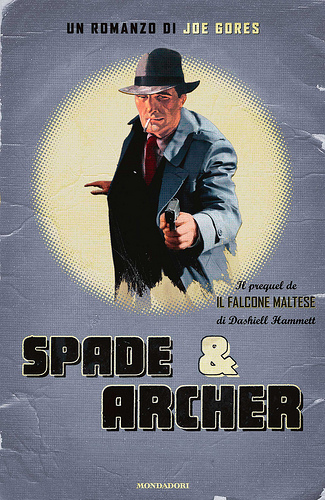
 Thirty-five years earlier, Gores had likewise fictionalized Hammett’s Pinkerton days when he immersed himself in real and imagined political corruption in Roaring Twenties San Francisco in his novel, Hammett.
Thirty-five years earlier, Gores had likewise fictionalized Hammett’s Pinkerton days when he immersed himself in real and imagined political corruption in Roaring Twenties San Francisco in his novel, Hammett.